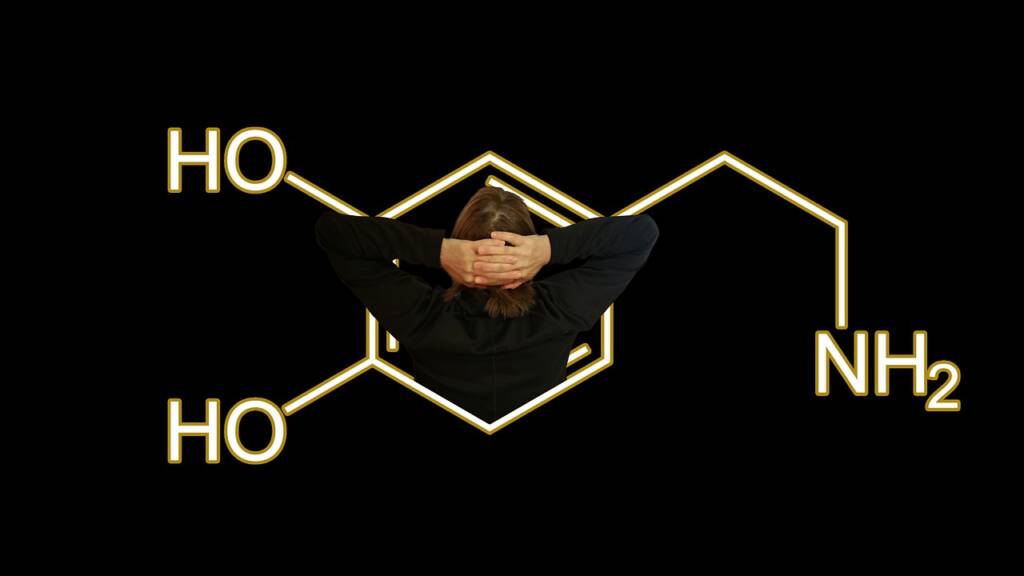Hormones are your body’s chemical messengers, produced in the endocrine system, including ovaries, adrenal glands and thyroid gland. These powerful chemicals travel around your bloodstream, telling tissues and organs what to do.
Additionally, they control many of your body’s mechanism including metabolism, reproduction, growth, mood and overall wellbeing. Hormonal imbalances in females refer to disruption in the normal level or functioning of hormones in a woman’s body.
On the other hand, when hormonal imbalances occur, they can have significant effects on a woman’s physical, mental and emotional health.
Moreover, Estrogen, progesterone and testosterone, all hormones should be in balance for physical and mental wellbeing in females.

Signs and Symptoms; –
Hormones play a crucial role in the overall health. There are several signs and symptoms of hormonal imbalances, which depend on age and how glands are working.
– Weight gain, increase belly fat
– Disposition of fat between the shoulders
– Sometimes sudden weight loss
– Fatigue
– Muscular weakness
– Muscular pain
– Joints stiffness
– Excessive sweating, night sweats
– Hot flushes (Excessive sensitivity to cold or heat)
– Sometimes constipation or diarrhea
– Frequent urination
– Excessive hunger
– Anxiety, depression, poor sleep
– Brain fog, mood swings
– Infertility, irregular periods
– Vaginal dryness, lump/cyst in breasts
– Loss of libido, blurred vision
– Dry skin, hair loss, brittle hair
– Puffy face, acne, rounded face
– Bloating, hyperacidity
Causes; – https://sparklinglifestyle.in/reset-your-gut-health/
(1) Weight gain is common during hormonal shifts such as menopause. When Estrogen levels drop, you may want to eat more. It can also impact your body’s level of leptin, a satiety hormone.
(2) If any such issue occurs in the thyroid gland, sudden weight loss occurs.
(3) Most female’s periods come every 21 to 35 days. If you don’t arrive around the same time every month or you skip months, it might mean the estrogen and progesterone are too low or high too. Irregular menstruation occurs in PCOD and PCOS.
(4) When progesterone level falls, you don’t get quality sleep. Low levels of estrogen can trigger hot flashes and night sweats, both of which can make it tough to get the rest you need.
(5) An excess of androgens (male hormones that men and women have) can cause your oil glands to overwork. Androgen affects the skin cells in and around your hair follicles, which cause acne, pimples and block the skin pores.
(6) Thyroid hormone related issues can leave your skin dry, clean and wrinkled.
(7) There is mixed evidence about memory impairment and brain fog. Some experts think estrogen might impact brain chemicals, termed as neurotransmitters. Imbalances in estrogen and thyroid hormones make your brain feel “foggy”.
(8) Your gut is linked with tiny cells called receptors that respond to estrogen and progesterone. When these hormones are higher or lower than normal levels, changes such as bloating, hyper acidity, constipation, sometimes diarrhea might be seen.
(9) Excessive progesterone and too little thyroid hormone can make you sleepy and drain your energy levels.
(10) Due to low estrogen levels, night sweats may start.
(11) Estrogen hormone affects brain neurotransmitters such as serotonin and dopamine. When estrogen levels drop, mood swings, anxiety and depression might be seen.
(12) When hormones like estrogens and testosterone drop, the result is thinning hair and hair loss.
(13) Hormones make vaginal tissue moist and comfortable. Because of low estrogens levels, vaginal dryness and irritation occurs.
(14) Most people think of testosterone as a male hormone, but women’s bodies make it too. If testosterone levels drop, you might have less of an interest in sex.
(15) A drop in estrogens can make your breast tissue less dense and an increase in the hormone can thicken this tissue even causing new lumps or cysts.
(16) Both estrogens and progesterone can affect the amount of water in the body. When the level changes, you feel more thirsty than usual.
(17) These hormones are like fire and ice, when in balance, progesterone is the ice that keeps the estrogens under control. When you make too much estrogens and not enough progesterone, fat loss resistance, mood swings and gut issues occur.
(18) Cheap quality of plastic containers, skin cosmetic products and floor cleaning products contains synthetic hormone and xenoestrogen, which can decrease or increase the body’s natural hormone causing hormonal imbalance.
Remember, these hormonal imbalances are not permanent; they can be reversed by changing lifestyle and food habits.
In conclusion, by developing necessary lifestyle adjustments, women can effectively manage hormonal imbalances and improve their quality of life.



Leave a Comment